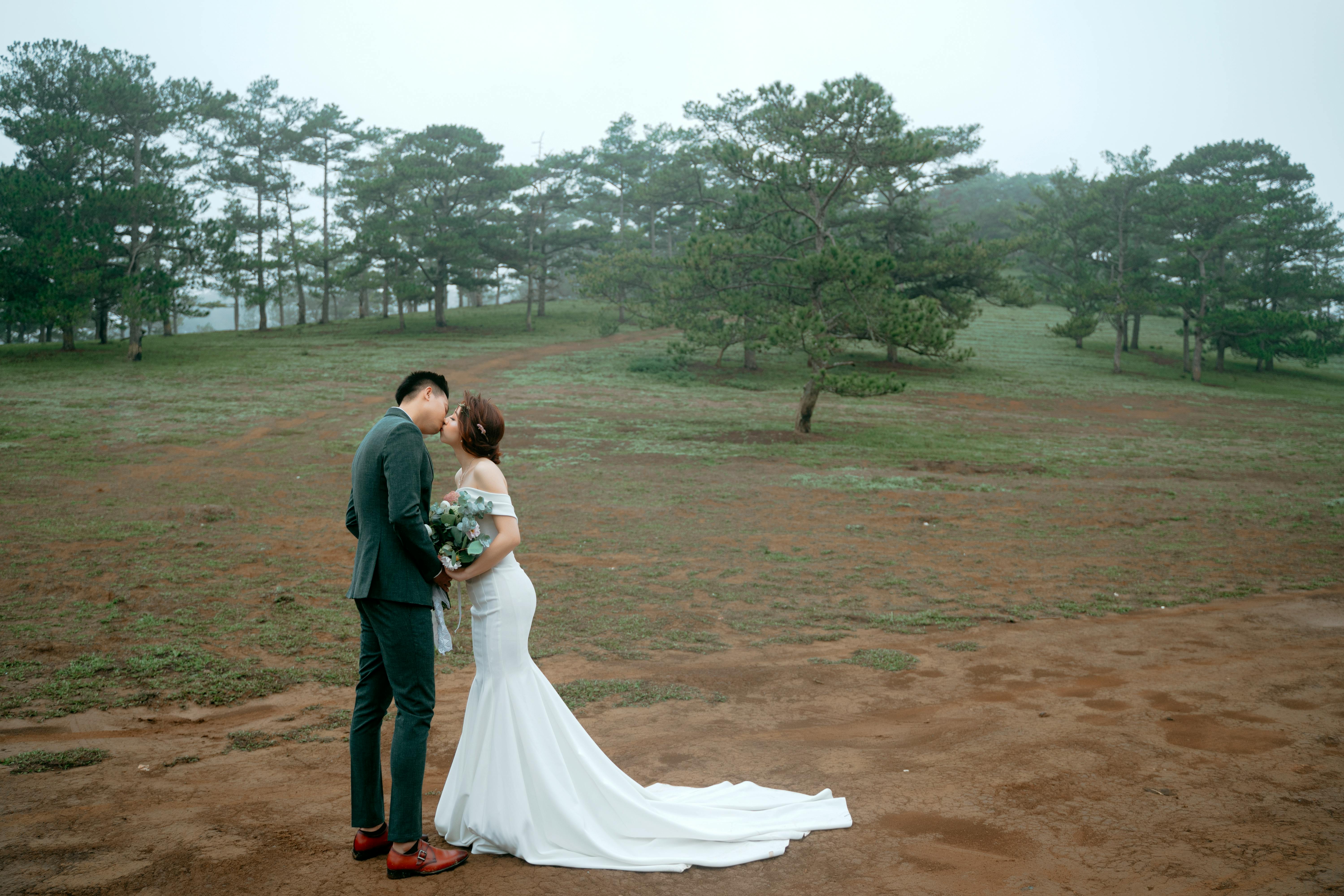
When You Learn, Teach: 7 Strategies to Help Create Teachable Moments
“When you learn, you teach.” maya angelou
This was a difficult week for parents. This week featured challenges as a parent where the lesson learned will eventually reach the children, and it has certainly been learned by the parent, but it is too early for it to take root. However, the questions that manifested from the ashes of the challenges have been something to ponder and discuss until the conclusion. The most powerful question that has emerged from this difficult parenting challenge has been, “How can we, as parents, as adults, as adults, recognize a teachable moment for the good of our children?
Don’t get me wrong, sometimes our kids or our neighbors’ kids push our buttons and we just blank out that they are kids who need to learn all sorts of lessons. Somehow we just react instead of taking a deep breath before speaking. Instinctive reactions are normal but not always wise.
“[Kids] you don’t remember what you’re trying to teach them. They remember what you are.”
Jim Henson, It Ain’t Easy Going Green: And Other Things to Consider
My youngest son got hate this week from his soccer coach. The story isn’t really relevant. Questions arise as to how the coach handled a teachable moment or, in this case, did not handle a teachable moment. The coach got in my son’s face, the coach used adjectives and tone of voice and body language that did not show good communication skills but rather abused his position as an authority figure, as a coach and as one of their classroom teachers. His actions were filled with hate, anger, frustration, and just plain venom. Where do you draw the line for an adult who is not the parent to act like the parent or give yourself permission to act with even more authority?
As a father my first reaction was to defend and protect my son. I heard the story from my son’s point of view and realized that I have to know when to just listen and when to express how I feel. All he could do was write a letter. I didn’t send the letter, but I needed to write my feelings. I needed to bring to light how this whole situation could have been handled much more diplomatically and understandingly if this coach, teacher, role model, and adult had been able to step outside of himself and see what happened from a 16-year-old point of view. of sight. Isn’t point of view (perspective) one of the first steps towards empathy?
As the parent of a child at this precarious age, I have to learn and know when to step in and most of all when to step back and let my child start to handle things for himself. He has to be able to know deep down that he can handle confrontation with adults, with anyone, in a mature, respectable, and thoughtful way. He has to know the necessary steps to respect everyone as human beings and then also those people who play an important role in our lives, be it permanently or temporarily. He has to try on the clothes of the adult he hopes to be one day, and even if the clothes don’t fit right now, he can get acquainted with how they make him feel and can anticipate his future self by wearing them very well.
There are steps we can all take to put ourselves in the frame of mind to create teachable moments. Here are a few:
1- If you are dealing with a child smaller than you, first get down to their level, face to face, so that firstly you are not abusing your higher position and making the child look up and secondly what you you’re about to say it becomes more powerful for them. If the child is a teenager like my son and tall like him, sit somewhere with that child. That act alone creates a conscious space, a respectable space for both of you, and immediately dissipates tension. With diffuse stress, you, as an adult, can think more purposefully and clearly to create the words that help shape the teachable moment. Physically changing your own point of view literally puts you in the unique position of trying to see things from the other person’s point of view. This is the cornerstone of empathy.
“We begin to learn wisely when we are willing to see the world from other people’s perspective.”
Toba Beta, master of stupidity
2- Look the child directly in the eyes and take a deep breath or two before speaking. Taking those nanoseconds to breathe helps collect your thoughts.
“Feelings come and go like clouds in a windy sky. Mindful breathing is my anchor.”
Thich Nhat Hanh, Moving Towards Freedom: Rules of Monastic Practice for Novices
3- Start speaking with your heart, not your head. Even if there is a specific lesson to teach, your tone will convey seriousness but your actions will convey respect for each position in the relationship.
“Express action priorities”.
Mahatma Gandhi
4- Speak clearly. Speak purposefully and speak with all the authority you have been given for the role you play in that child’s life. Respect the role you play. Do not be the parent of that child if you are the coach or teacher, unless another important adult in that child’s life or the child has given you permission to play the role of parent.
“Always be a first class version of yourself and not a second class version of someone else.”
judy garland
5- Make sure that what you are trying to teach is carried out. Is there a way to physically display the lesson that is trying to be taught? Actions speak louder than words. Get the child in touch with the action as often as possible. The lesson will have much more meaning. Be sure to validate respect for your own position, but also the fact that you understand that children make mistakes and that this is the time in their lives to make those mistakes and ultimately learn from them. Make sure the child understands that you may have been put into her life to help her learn a lesson.
“Wisdom equals knowledge plus courage. You must not only know what to do and when to do it, but you must also be brave enough to keep going.”
Jarod Kintz, $3.33
6- Remember above all that you should not sit on trial. We all make mistakes, even as adults, no one is perfect. You are not G-d, you are not the jury. You are the example, the role model. You hold the most important position of all to be able to influence this human being in the most uplifting and life-changing way possible. The power you have should only be used for good. Be careful with your words. Sticks and stones may well break his bones, but your words will sink inside him forever. How do you want to be remembered by this person?
“The questions we must ask ourselves, and that our historians and our children will ask us, are these: How will what we create compare with what we inherit? Will we add to our tradition or subtract from it? Will we enrich it or exhaust it?”
Leon Wieseltier
7- If you cannot find in yourself how to address the child directly and at the moment, tell him/her that you need time to reflect and that you have every intention of addressing this situation with him/her as soon as you are clear about what it is about. You want to say. Take a day or just a night and write a letter. Put all your feelings on paper. Do not send the letter unless it is exactly your intention to do so. Re-read the letter over and over again. Replay the incident inside your gut, your brain, your heart and come to terms with the words. If you don’t send the letter, allow the space you just created for yourself to deal with emotions now to create a teachable moment. Use the power you just created from your words and teach. You have an obligation to take what you have learned and teach the lesson.
“Every life experience raises this question: how do you want to be changed by me?”
mollie marti
All of this led me to think about how the football coach didn’t even try to find the balance between my son’s actions and the hateful words and tone he used. There was no follow up; there was no calm on another day to create another possible opportunity for a teachable moment. The football coach just lets the hate sit in the air and in my son’s brain. It was hard to learn when my son had to sit in the coach’s classroom and respect this authority figure as his teacher as well.
This situation led me to ask:
How many hateful words are there that you can’t find a balance to exemplify right and wrong in any situation? Also, I plan to divide this thought into 4-letter words. How many 4 letter words of hate are there compared to 4 letter words of kindness?
It turns out that there are a lot of 4-letter words of kindness that outnumber hate words almost 2-1.
Here is my challenge for you:
1- How many kind words of 4 letters can you think of and then use in the course of your week?
2- How many learning moments can you create with the use of kind words?
3- How can you oppose the words of kindness to the words of hate to create feelings that empower you and your child and impel both of you towards kindness?
There will always be bad days and bad feelings, but the way we balance and combat those days and feelings can be immediately enhanced by the armor we learn to wear with kindness. Here’s a short list to get you started:
Love/hate, kind/mean, hero/fool, goal/failure, willed/weak… Good luck. Share with me your teachable moments and the words that empowered those moments.






